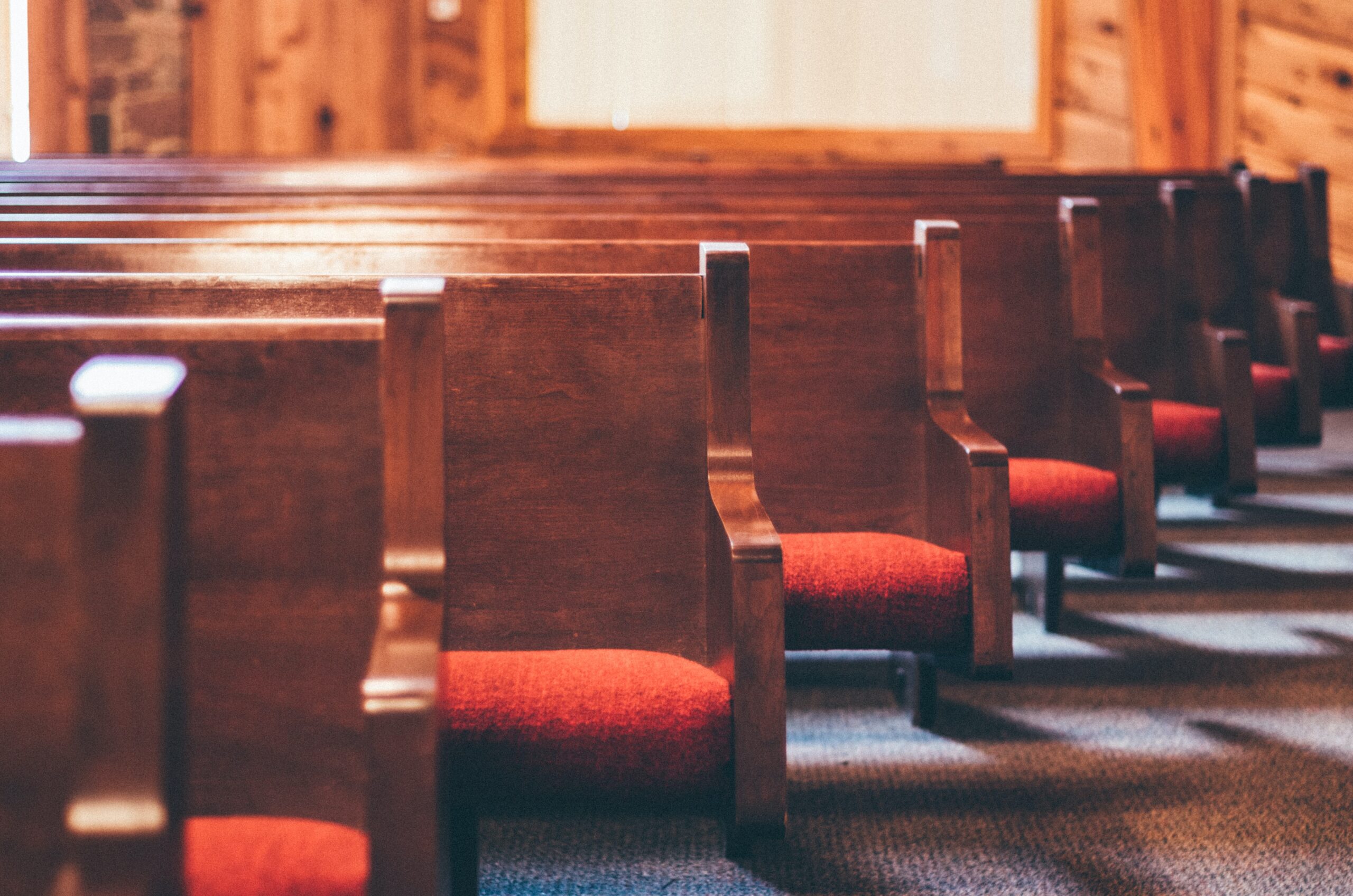
What should churches do on the Sunday of the Fourth of July? The Fourth of July can be one of the most perplexing dates of the year for many pastors. Unlike Easter and Christmas, the Fourth is neither a universal, nor a specifically Christian occasion. It’s only celebrated by Americans, and non-Christians can enjoy the day as readily as Christians can. Nevertheless, there’s a long tradition of observing American independence in church. Pastors often have members who expect them to recognize America’s birthday. Doing so is part of what scholars call “American civil religion.”
I’ve attended enough churches in my life to have seen a wide variety of Fourth of July celebrations. At one church in Texas, a Fourth of July service featured patriotic songs extolling America, the pastor wearing his old military uniform, and an honor guard carrying flags and guns down the center aisle. (I don’t think the guns were loaded!) At the other extreme, a church service we visited in Michigan said literally nothing about the Fourth of July, except at the last second. When dismissing the congregation, the worship leader bid us farewell by saying “happy holiday!” But the holiday in question was never named.
Some critics would suggest that the blending of American patriotism with Christian worship is a distraction at best, and a distortion of the gospel at worst. Although it’s not just an American phenomenon, Americans do seem to have created an unusually religious version of their patriotism. Maybe this religious patriotism is a product of Christianity’s success in America. By the time of the Second Great Awakening in the early 1800s, an unusually high percentage of Americans were affiliated with churches, and that high level of adherence persisted at least until the 1960s. The Cold War of the mid- to late twentieth century also taught many Americans to think in terms of a Christian America fighting against the officially atheistic power of the Soviet bloc. By the 1960s, Americans had become used to viewing themselves as a Christian nation. Why not celebrate the nation’s birthday in church?
Baptists have always been a little wary about blending Christianity with the state, however. Our Baptist forefathers warned us about the danger of corrupting the church by entangling it with government. But in the twentieth and the twenty-first century, many Southern Baptists became among the most zealous celebrants of “God and country” days on the Fourth of July. This zeal has endured even though signs everywhere suggest that America is becoming a post-Christian nation.
What, then, should pastors do this Fourth of July? Much of this dilemma is a matter of conscience and of cultural context. What makes sense to do in suburban Dallas probably won’t work in downtown Seattle. Pastors will also tend to find that older people in a congregation – the children of the Cold War – will be more comfortable with civil religion than younger attendees are.
Acknowledging the Fourth of July does not require devoting the whole service to it. Pastors might consider setting aside a special time of prayer for the nation and its leaders, in accordance with I Timothy 2:1-2. Pastors can thank God for the indisputably good aspects of the American tradition, such as our nation’s heritage of religious liberty, and the principle that “all men are created equal, and that they are endowed by their Creator with certain unalienable Rights,” as the Declaration of Independence put it.
One of the most useful exercises when thinking about the Fourth of July at church is imagining that you have Christians in attendance from a foreign country. Of course, many pastors will not have to imagine this at all. Many churches in urban settings, or in college or border towns, undoubtedly will have people in attendance who are foreign-born and are perhaps non-citizens. Americans, like citizens of all nations, have a natural fondness for the land of their birth. But Christians know that our ultimate citizenship is in heaven. In that sense, American believers have more eternally in common with a brother or sister from Nigeria, China, or Brazil than we do with our unregenerate neighbor next door.
Therefore, churches should do nothing that would give our global brothers or sisters reason to feel like they don’t belong in our Fourth of July service. Such things could include the indiscriminate blending of worship songs with patriotic anthems, making it unclear whether we’re supposed to praise God or the American nation. Another would be to suggest that America is a nation uniquely favored by God, as if it is the latter-day biblical Israel.
By all means, let’s thank God for the good things he’s given us in American history. Foremost among those things is the freedom to practice our faith in accord with biblical truth. Let’s pray for our leaders to possess and employ godly wisdom, so that the people of God may be allowed to live a “quiet and peaceable life in all godliness and reverence.” (I Timothy 2:2) But even on the Fourth of July, let’s remember that America is not a believer’s eternal home.

